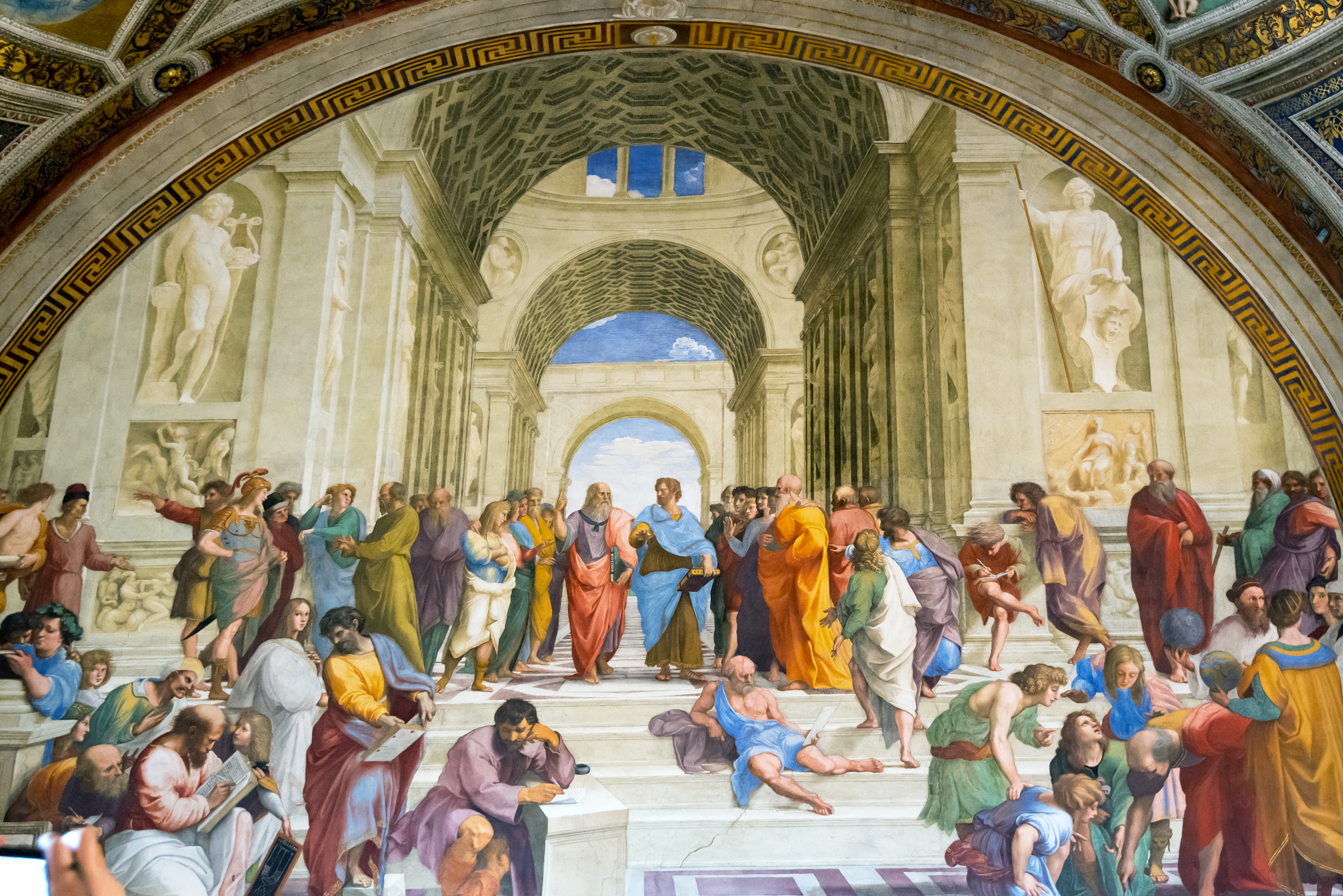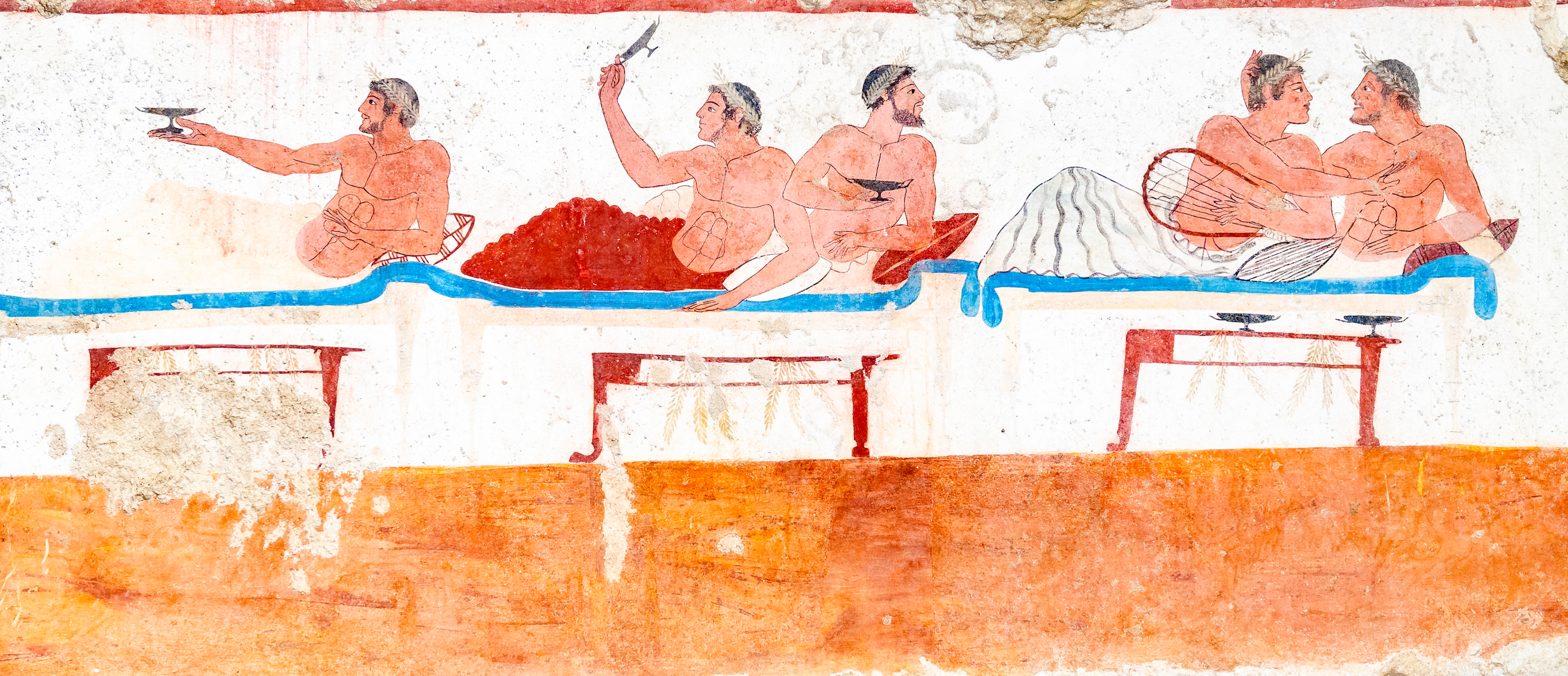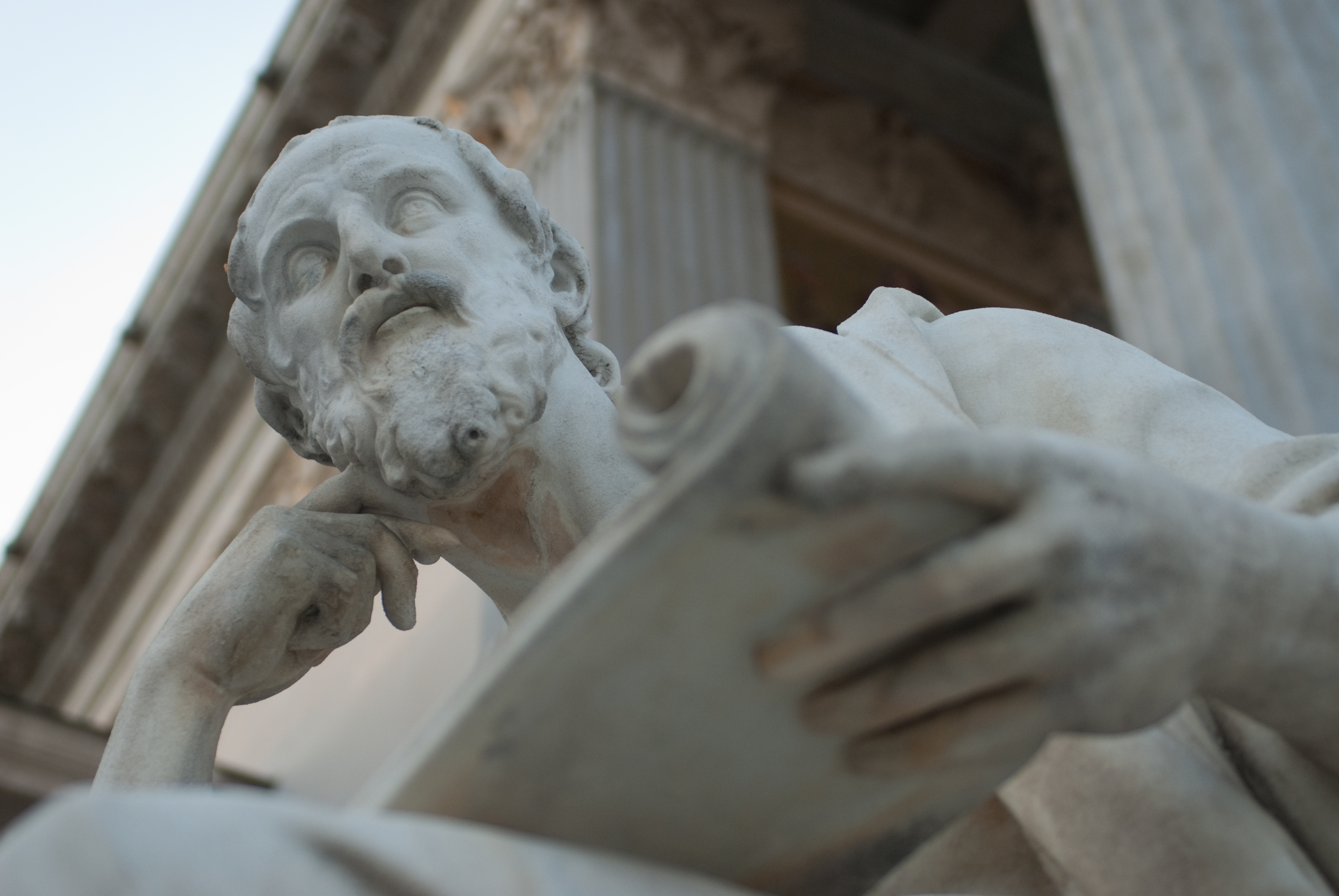Across Western culture and quite a lot of Eastern culture, at the moment, there’s a considerable worry about what the authoritative narratives of the past are and how they should determine the present. There’s a perception that a lot of these stories about the past are being used as a sort of strut or a support for an establishment, a dominant culture that is actually oppressing not only its own history but the present day and the people who are unprivileged in today’s society.
Ancient Greece and Rome have come in for attack on that ground because they appear to be one of the supports that some conservative people like to trot out. It’s undoubtedly true that some conservatives, indeed some extremely unpleasant right-wing people, have used or tried to appropriate the classical past to uphold some notion of white supremacy or the perfection of the West over other cultures, but to take that point of view is a fundamental mistake: it misrepresents not only the history but absolutely the potential of the classical past.


